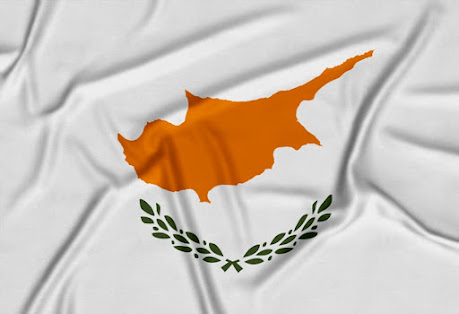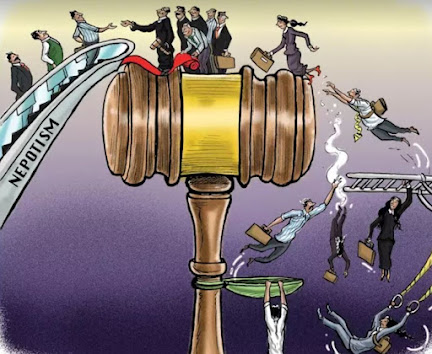VAT fraud: Employee using her employer’s details to issue fake invoices is liable for the amount of the taxes entered on them (ECJ)

According to the Judgment (30.1.2024) of the Court of Justice in Case C-442/22 [1] , an employee using her employer’s details to issue fake invoices is liable for the amount of the taxes entered on them. That is the case provided that the employer, who is a taxable person for VAT purposes, has exercised the due diligence reasonably required to monitor the conduct of its employee. Between January 2010 and April 2014, the employee of a company established in Poland operating a petrol station issued 1,679 invoices that did not reflect actual sales of goods, for a total amount (expressed in Polish zlotys) of approximately €320,000. To that end, she used the details of her employer, a taxable person for value added tax (VAT) purposes, without its knowledge or consent. The fake invoices were not recorded in that company’s tax returns. They were used by those who received them to obtain an undue refund of VAT, without the corresponding tax having been paid into the State budget. Follow



















